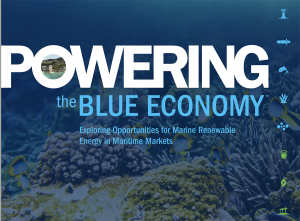
Michigan Tech is among 17 top colleges and universities nationwide that have been selected to compete in the 2021-22 Marine Energy Collegiate Competition: Powering the Blue Economy The event is hosted by the U.S. Department of Energy’s (DOE) Office of Energy Efficiency and Renewable Energy (EERE).
These student competitors are poised to be the next blue economy innovators as they gain real-world experience and make industry connections to prepare for future careers in marine energy, according to the Marine Energy Collegiate Competition.
The team’s faculty advisors are Andrew Barnard (ME-EM, GLRC), Gordon Parker, and Timothy Havens (CC, ICC).
Administered by the National Renewable Energy Laboratory, on behalf of EERE’s Water Power Technologies Office, the competition challenges interdisciplinary teams of undergraduate and graduate students to explore opportunities for marine energy technologies via real-world concept development experiences, and to propose unique solutions to the burgeoning marine energy industry.
Submissions can run the gamut from concepts that aid in ocean observation and underwater vehicle charging to desalination and more, including—but not limited to—the markets identified in DOE’s Powering the Blue Economy™ report.
Learn more about the competition and sign up for email alerts to keep up with the latest from the Marine Energy Collegiate Competition.
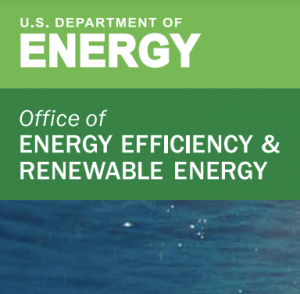
The DOE is hosting the challenge to advance one of the most up-and-coming industries: marine energy. Marine energy has the potential to provide reliable power to the blue economy, but further work is needed to optimize designs and reduce costs, according to the competition website.
The “blue economy” describes the sustainable use of ocean resources for economic growth, improved livelihoods and jobs, and ocean ecosystem health.
Competition Elements
- Develop a market-research-supported business plan, which will include key aspects of their design of a system that could be commercialized to address power needs for a chosen sector of the blue economy
- Pitch their plan to a panel of judges and hypothetical investors
- Have the option to build and test a device to achieve energy production
- Engage with their community through outreach and educational activities.
Competition Deliverables
- A 20- to 30-page market research-supported business plan and technical design of a marketable device powering any marine energy sector of the blue economy
- A 20-minute public pitch that will be presented to a panel of judges during the competition event at Water Power Week 2022 or virtual followed by a 15-minute Q&A session
- 5 minutes of the public pitch will focus on community engagement and outreach activities the team conducted throughout the year
- A poster summarizing the entire technical and business plan
- Optional: An effective prototype that will be tested for power performance at model scale. Results of the test will be summarized in the written report.
Inspiring Blue Economy Ingenuity
“The MECC provides an opportunity for a diversity of experience, education, and perspectives in exploring the possibilities of the blue economy,” said Arielle Cardinal, the MECC operations manager at NREL. “We’re excited to support the 2022 competitors in bringing new ideas and innovations to the forefront of marine energy.”
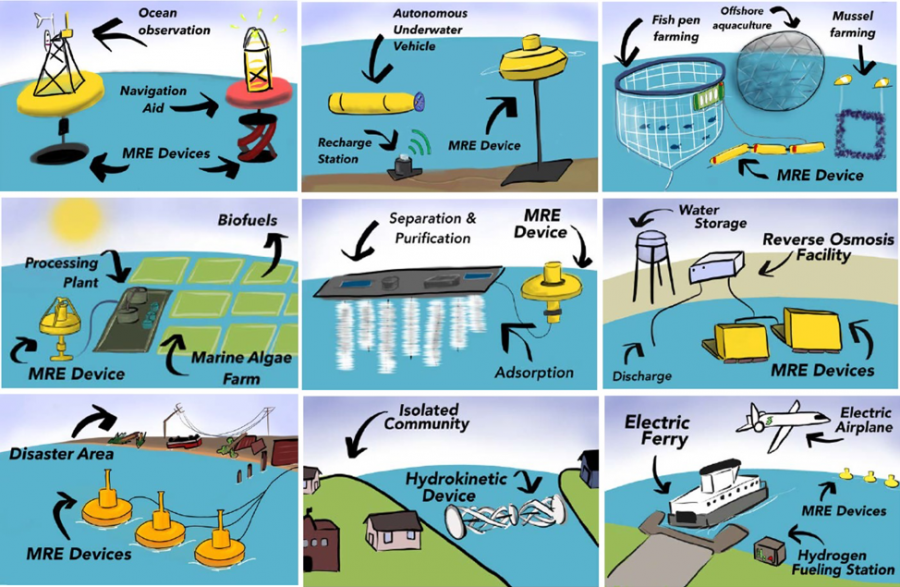
by Sponsored Programs
Darrell Robinette (ME-EM/APSRC) is the principal investigator on a project that has received a $1,348,109 research and development co-op/joint agreement from the Department of Energy.
The project is entitled, ” Energy Optimization of Light and Heavy Duty Vehicle Cohorts of Mixed Connectivity, Automation and Propulsion System Capabilities via Meshed V2V-V2I and Expanded Data.”
Jeff Naber (ME-EM/APSRC), Bo Chen (ME-EM/APSRC), Jung Yun Bae (ME-EM/APSRC) and Chris Morgan (PHC/APSRC) are Co-PI’s on this potential 2.3-year project. Bo Chen is a researcher with the ICC’s Cyber-Physical Systems research group.
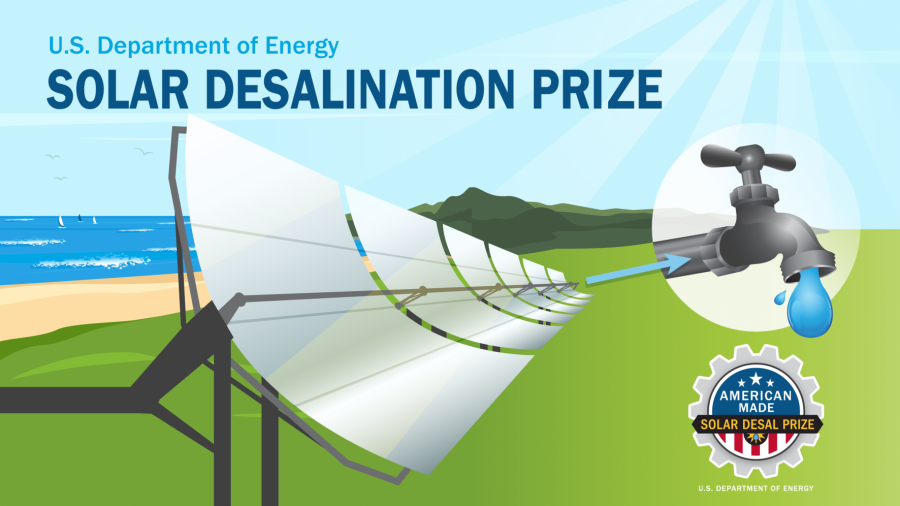

Assistant Professor Sajjad Bigham, Mechanical Engineering-Engineering Mechanics, and his team have advanced to the second phase of the American-Made Challenges Solar Desalination Prize contest for his project, “Sorption-Based ZLD Technology.”
The contest is sponsored by the Solar Energy Technologies Office (SETO) at the U.S. Department of Energy (DOE).
Bigham is one of 19 quarterfinalists. Each receives a $50,000 cash prize.
Selected from among 162 applicants, the quarterfinalists now advance to the second, Teaming phase of the competition, for which each research team will develop and successfully validate an operational prototype of their solar-thermal desalination system.
Bigham is a heat transfer and energy systems specialist studying the scientific and engineering challenges at the intersection of thermal-fluid, material and energy sciences.
His Michigan Tech research lab, Energy-X, is focused on understanding the fundamental transport science of important energy carriers at micro, nano and molecular scales. He is a member of the Institute of Computing and Cybersystems’ Center for Cyber-Physical Systems.
Project Title: Sorption-Based ZLD Technology
Location: Houghton, MI
Project Summary: State-of-the-art zero liquid discharge (ZLD) technologies are currently bound with either intensive use of high-grade electrical energy such as mechanical vapor compressors or high capital cost with environmental concerns such as evaporation ponds. A team of researchers from Michigan Technological University, Oak Ridge National Laboratory, and the company Artic Solar proposes to address these issues by an innovative desiccant-based ZLD desalination system in which a multiple-effect distillation (MED) unit is uniquely embedded at the heart of an absorption-desorption system. The technology employs an absorption-based thermally-driven vapor compressor concept to pressurize the vaporized brine of the ZLD crystallizer unit from a low-pressure absorber to a high-pressure desorber module. This eliminates the need for energy-intensive electrically-driven mechanical vapor compressors currently employed in advanced brine crystallizers.
Timely updates about the American-Made Challenges Solar Desalination Prize are posted here.
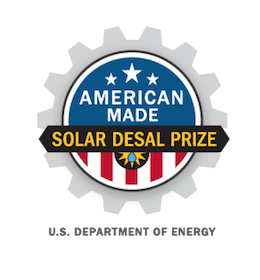
The American-Made Challenges are a series of prize competitions that incentivize the nation’s entrepreneurs to strengthen American leadership in energy innovation and domestic manufacturing.
The Solar Desalination Prize is a multi-stage prize competition intended to accelerate the development of low-cost desalination systems that use solar-thermal power to produce clean drinking water from saltwater. It is intended to help achieve the goals of the Water Security Grand Challenge.
Each stage of the competition has increasing prize amounts, totaling millions of dollars.
